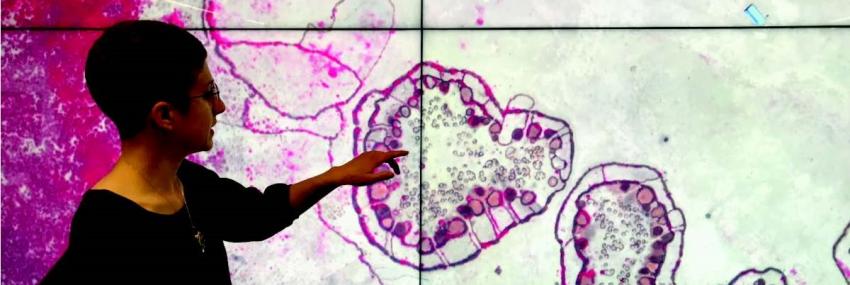In October the Carnegie Corporation of New York awarded CRL $200,000 in funding to lead a one-year effort to plan the next phase of the World Digital Library (WDL). Launched in 2009 by UNESCO and the Library of Congress--which has managed the project since then--the WDL currently involves over 160 libraries from 75 countries. The project provides a technical and organizational platform for open access to cultural heritage materials heretofore accessible only to a small number of scholars and academic researchers.
The planning effort will bring together an inclusive set of stakeholder organizations to frame a new vision for the WDL. The process will establish consensus among the supporting institutions on the scale and scope of WDL Phase 2, and on the means to sustain the program through its next decade. The initiative also aims to enlarge the base of support for efforts by the Global Resources and Area Materials Projects to make historical materials from all world regions openly accessible on the web. A central event in the process will be a two-day planning meeting in The Hague, planned in cooperation with the Council on Library and Information Resources and Europeana, on March 21-22, 2019.
In addition to the Carnegie Corporation, the Qatar National Library and the Whiting Foundation are also providing funding for the planning effort.


